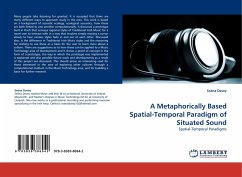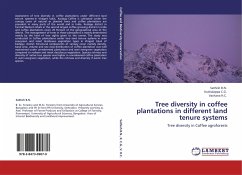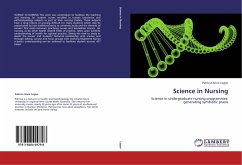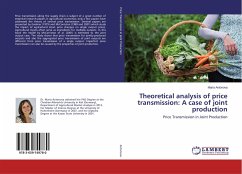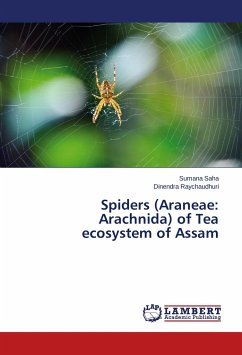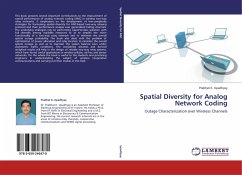
Spatial Diversity for Analog Network Coding
Outage Characterization over Wireless Channels
Versandkostenfrei!
Versandfertig in 6-10 Tagen
39,99 €
inkl. MwSt.

PAYBACK Punkte
20 °P sammeln!
This book presents several important contributions to the improvement of overall performance of analog network coding (ANC) in wireless two-way relay networks. It emphasizes on the development of low-complexity strategies for harnessing spatial diversity for ANC-based two-way relaying protocol and their performance analysis over generalized fading channels. The underlying strategies rely on performing opportunistic selection with full diversity among available resources so as to simplify the richer functionality of a two-way relay network and to minimize the overall system outage probability. ...
This book presents several important contributions to the improvement of overall performance of analog network coding (ANC) in wireless two-way relay networks. It emphasizes on the development of low-complexity strategies for harnessing spatial diversity for ANC-based two-way relaying protocol and their performance analysis over generalized fading channels. The underlying strategies rely on performing opportunistic selection with full diversity among available resources so as to simplify the richer functionality of a two-way relay network and to minimize the overall system outage probability. The book also deals with the problem of optimization of power allocation and relay location to minimize the overall system outage as well as to maintain the system balance even under asymmetric traffic conditions. The considered schemes and derived analytical results will help in the design of reliable two-way relay systems, which have found useful applications in wireless cellular, ad-hoc and sensor networks. On the whole the book is useful to the students and practicing engineers in understanding the subject of wireless cooperative communications and carrying out their studies in this field.



